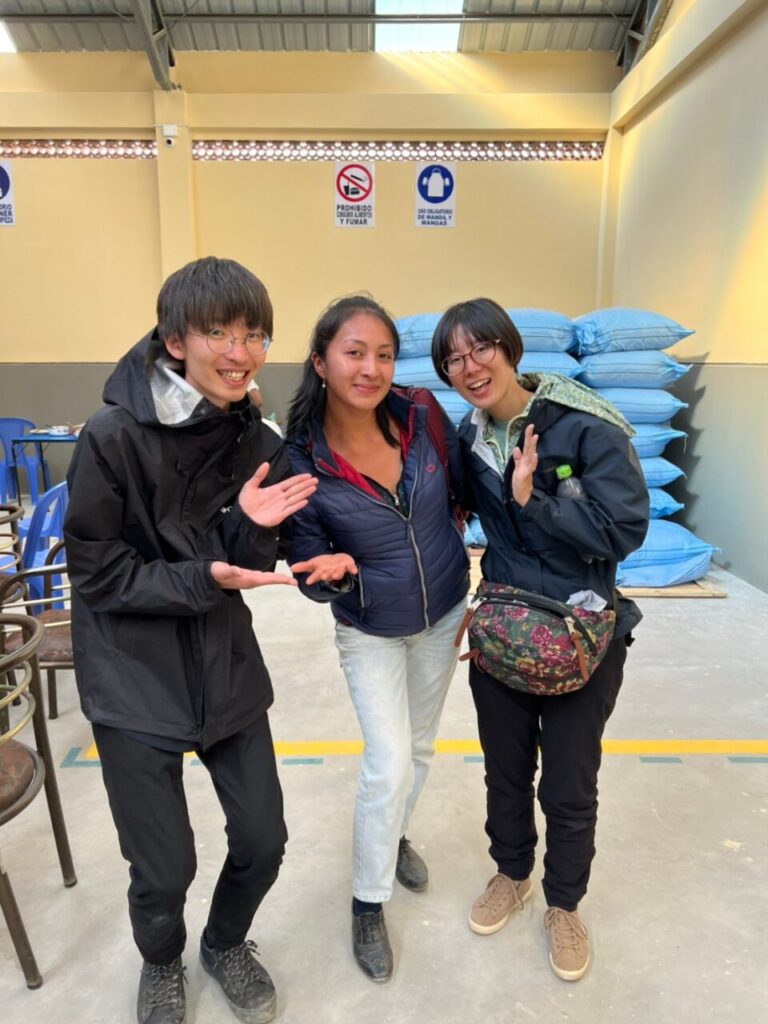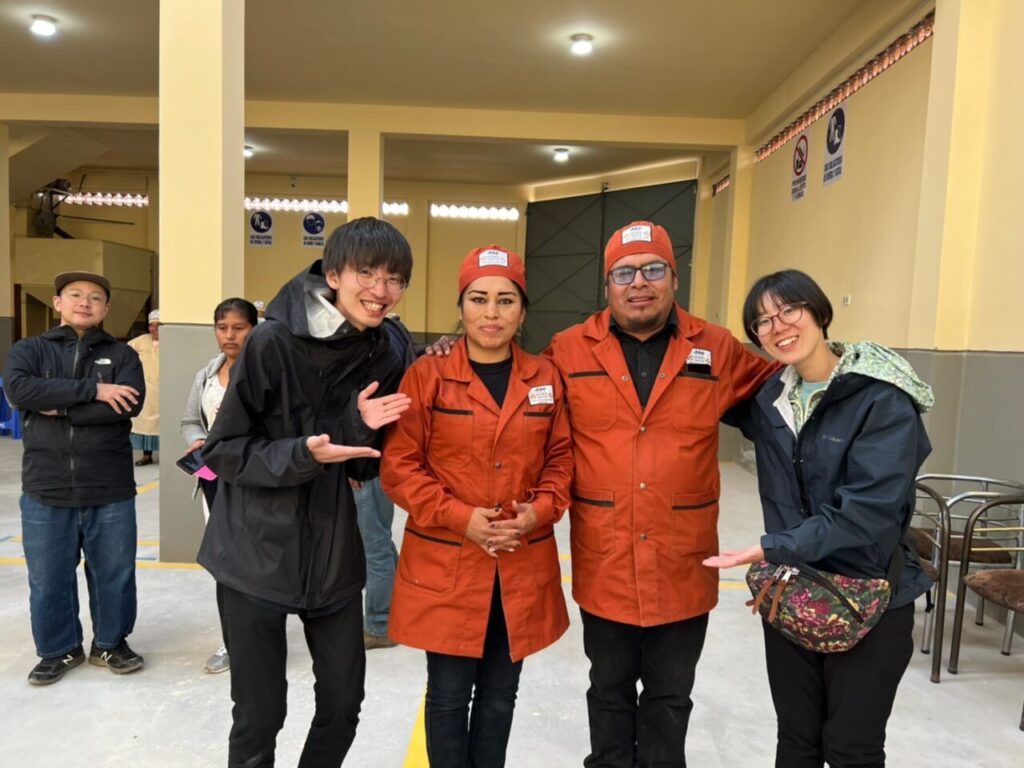Right under blue sky
September 14, Last Day in Bolivia
After eight days, our last day in Bolivia.
When we arrived at Nayra Qata’s dry mill in La Paz, Mr. and Mrs. Juan and many coffee producers had gathered.
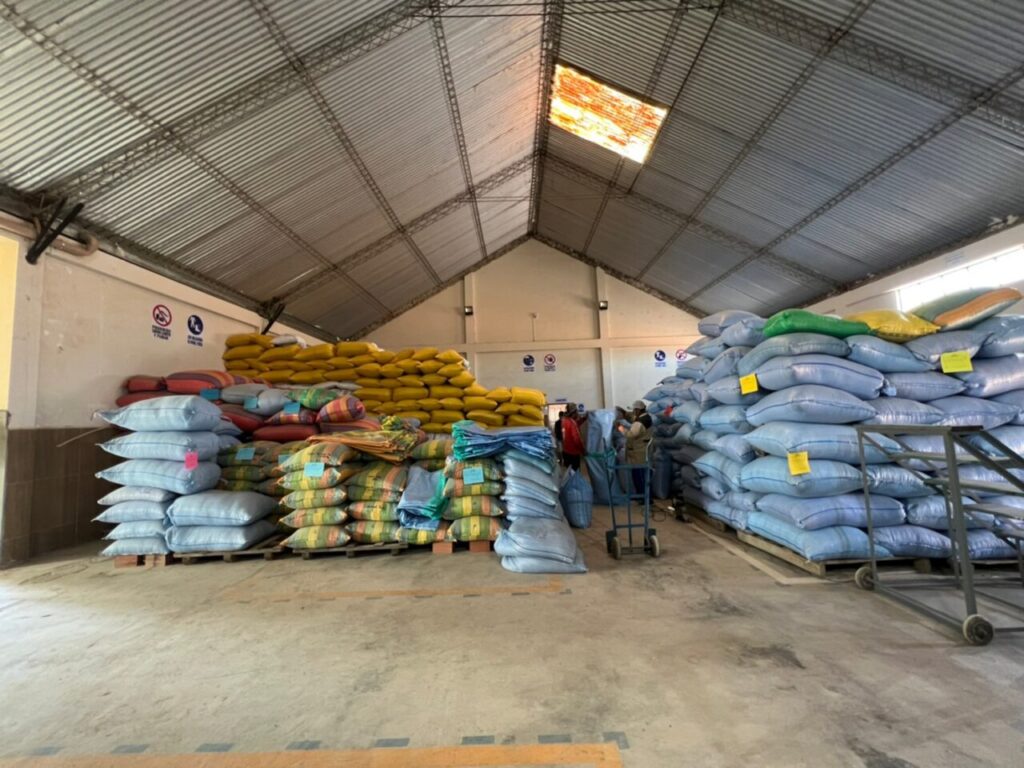
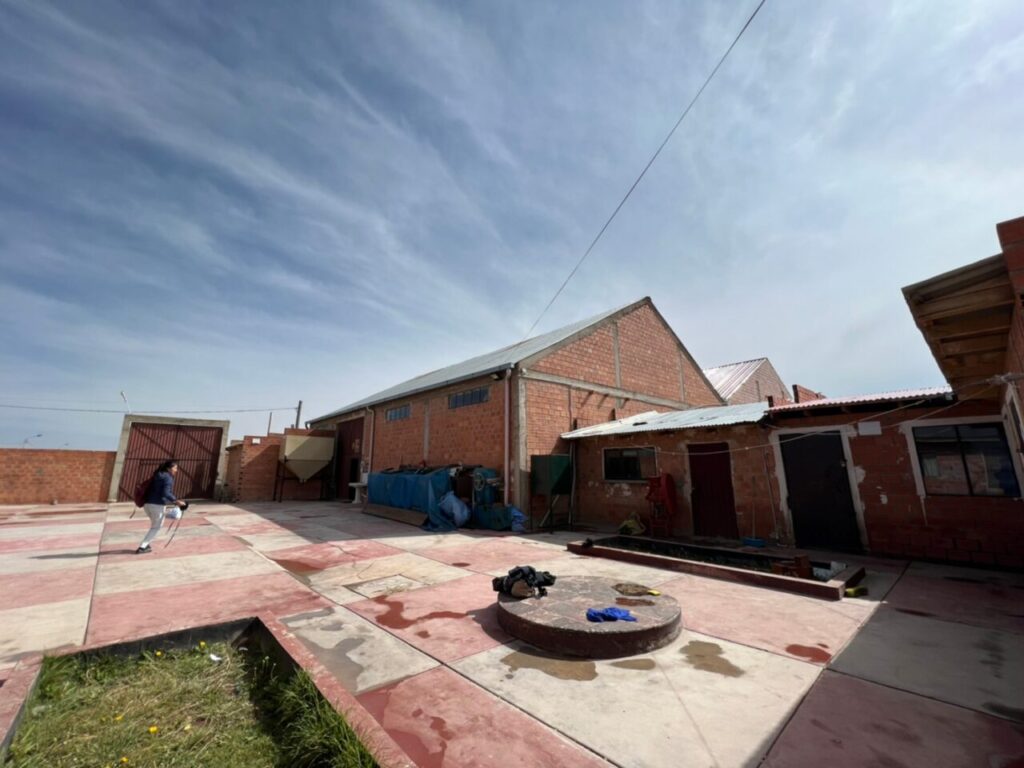
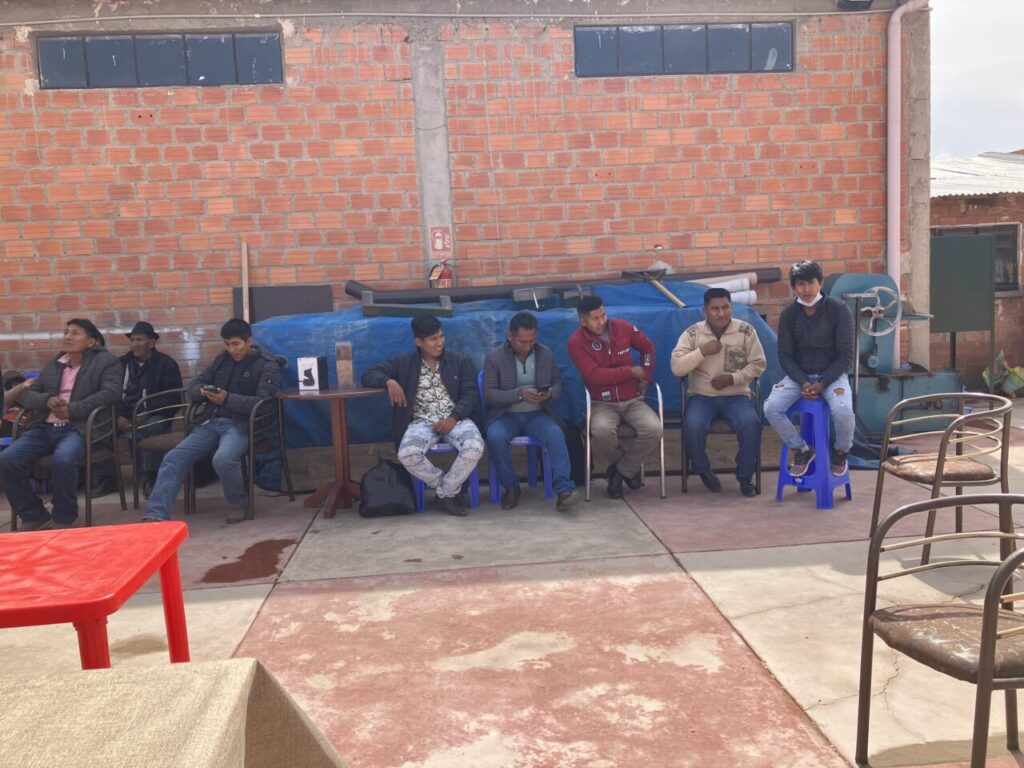
Mr. Juan from Nayra Qata and a new curator, Mr. Matteo, cupped about 60 kinds of coffees from small producers and gave feedback.
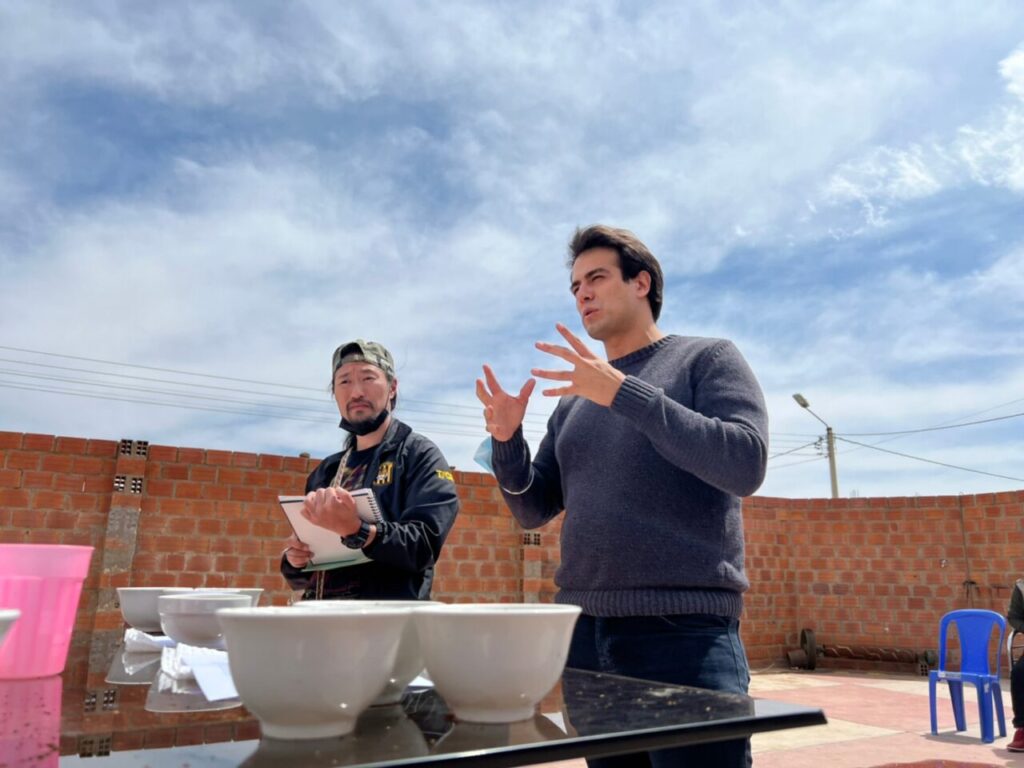
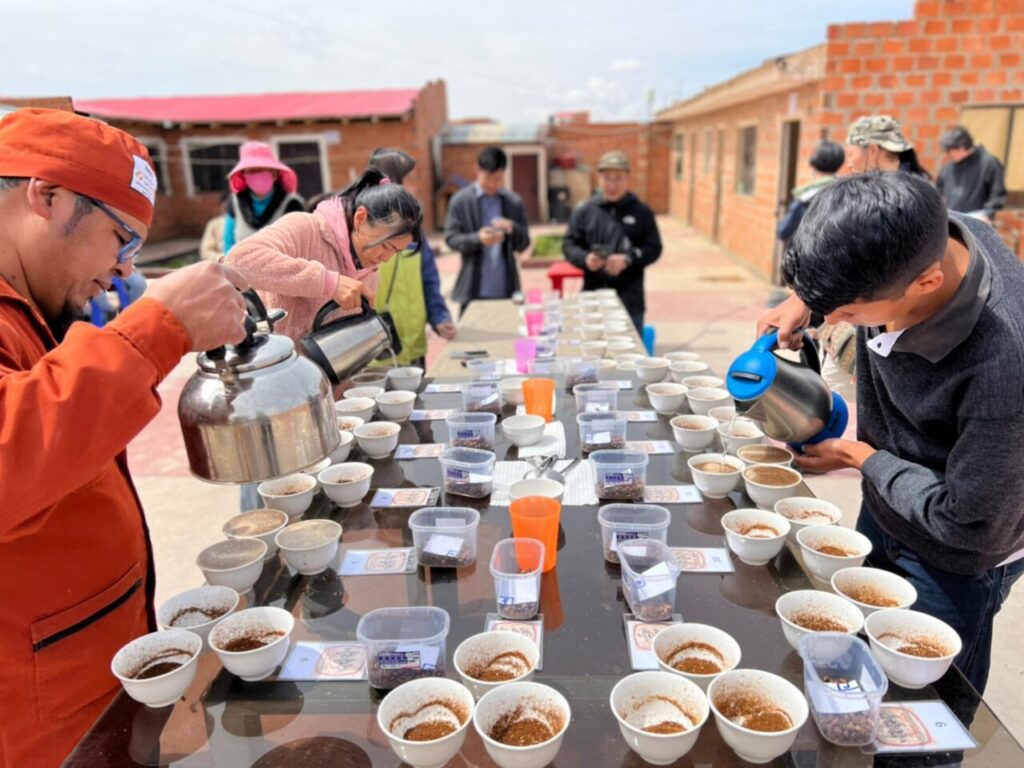
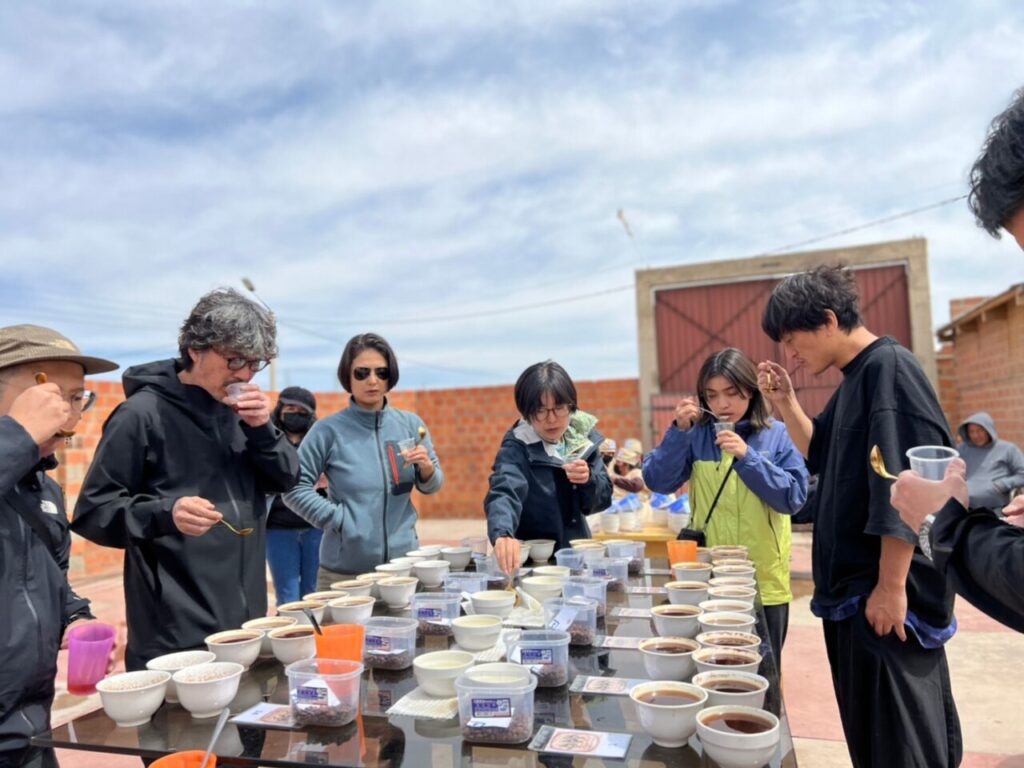
The producers from all over Bolivia were wondering how the roasters in Japan would evaluate their coffees…? I could see how they were feeling, and I could feel the tremendous tension in their hearts.
The boiling point is low at an altitude of about 4,000 meters, and the liquid cools easily, so we quickly finished the tasting.
With the sun shining and the oxygen thin, we found ourselves exhausted after about 5 hours of cup-taking and giving feedback to the producers… but we were able to find some great coffees.
Among the coffees that left a powerful impression on me were carbonic maceration from Finca Isabel (Fernando Caye and Gabriela), which I visited on the third day, and washed from Licoma WS (Raymundo Ayca ), which I had bought the year before last.
These two coffees were outstanding, even in the harsh environment of La Paz, where it is difficult to taste the flavor. Unfortunately, the production is limited, so I wonder if we will be able to purchase them…but we hope to introduce them at the store.
After organizing the details, we plan to purchase other lots that interest us.
Our coffee tasting was not only about the cupping this day but also about the passion of the producers as they listened intently to our opinions and tried to connect them to the future production of coffee.
Until now, while checking out the producer’s story, we had never lost our focus on quality. Each coffee producer works hard to make quality coffee in different environments and circumstances. We roasters evaluate and purchase them, and there is always a bias in terms of popularity.
This time, I met many producers and experienced their enthusiasm and efforts. As a result, it became clear that I wanted to buy coffee because of its value based on quality and because I liked the producer’s personality. It gave me such a sense of worth. These are the values that came into being.
If possible, I want to work together to make better coffee by nurturing our relationship every year. That is how I feel now.
This sentiment would have never been born if I had not come to Bolivia. It will be an opportunity for me to take a big step forward in my career in coffee.
I want to thank TYPICA for this precious opportunity, all the Bolivian producers who welcomed us in the busy harvest season, and all the curators and supporters.
We are still a small coffee shop, but we will surely grow and return the favor.
And to all the roasters, thank you so much for the opportunity to tour Bolivia with us and share so many coffee stories with us! I have laughed so much during these eight days that my facial muscles are sore.
I look forward to seeing you again next month in Japan as I head off to Peru!
See you soon 👋
